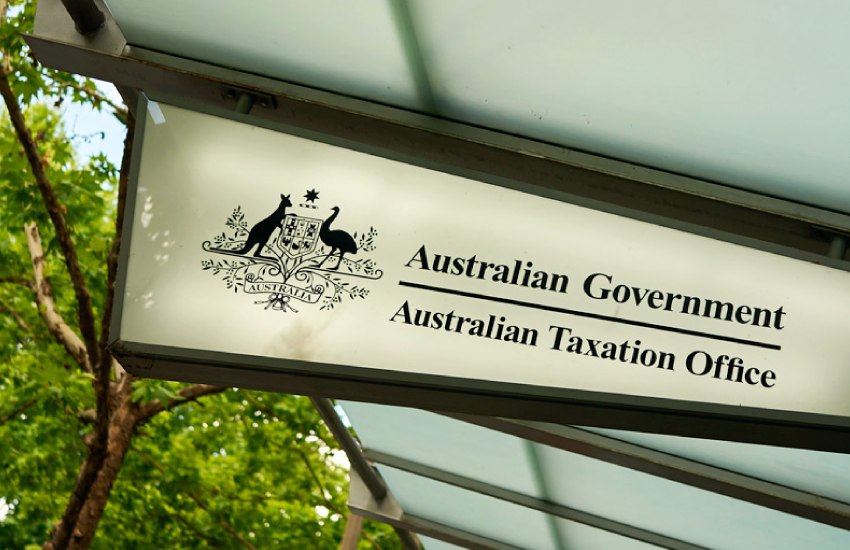According to the tax office, clothing claims have risen by 20 per cent over the last five years, with 6 million people claiming nearly $1.8 billion in laundry expenses last year.
“While many of these claims will be legitimate, we don’t think that half of all taxpayers would have been required to wear uniforms, protective clothing, or occupation-specific clothing,” Assistant Commissioner Kath Anderson said.
You’re out of free articles for this month
“Around a quarter of all clothing and laundry claims were exactly $150, which is the threshold that requires taxpayers to keep detailed records. We are concerned that some taxpayers think they are entitled to claim $150 as a ‘standard deduction’ or a ‘safe amount’, even if they don’t meet the clothing and laundry requirements.
“Just to be clear, the $150 limit is there to reduce the record-keeping burden, but it is not an automatic entitlement for everyone. While you don’t need written evidence for claims under $150, you must have spent the money, it must have been for uniform, protective or occupation-specific clothing that you were required to wear to earn your income, and you must be able to show us how you calculated your claim.”
The ATO has embarked on a large-scale education campaign in the build up to tax time 2018, after it received a $130.8 million boost from the government to increase compliance activities targeting individual taxpayers and tax agents, as announced in the budget last month.
Work-related expenses has been a key focus area for the Tax Office, with commissioner Chris Jordan claiming that incorrect claims were more rampant in agent-prepared returns as compared to self-prepared returns.
H&R Block director of tax communications, Mark Chapman said it was clear the ATO has an issue with taxpayers claiming “flat rate” expenses, and were fair to target people who have no right to make such claims when they wear conventional clothes such as suits or regular work attire.
However, he believes the majority of such wrong claims have stemmed from self-prepared returns, contrary to what commissioner Jordan claims.
“As tax agents, it’s our job to make sure that clients claim everything they’re entitled to but equally that they don’t claim what they’re not entitled to,” said Mr Chapman.
“As such, the claims we see are all legitimate and I’d expect that any reputable tax agent would report the same. The bigger risk is probably through self-lodged returns where there is a bigger danger in taxpayers misinterpreting the law and making an inaccurate claim.”
This email address is being protected from spambots. You need JavaScript enabled to view it.
Jotham Lian
AUTHOR
Jotham Lian is the editor of Accountants Daily, the leading source of breaking news, analysis and insight for Australian accounting professionals.
Before joining the team in 2017, Jotham wrote for a range of national mastheads including the Sydney Morning Herald, and Channel NewsAsia.
You can email Jotham at: This email address is being protected from spambots. You need JavaScript enabled to view it.

 Login
Login







